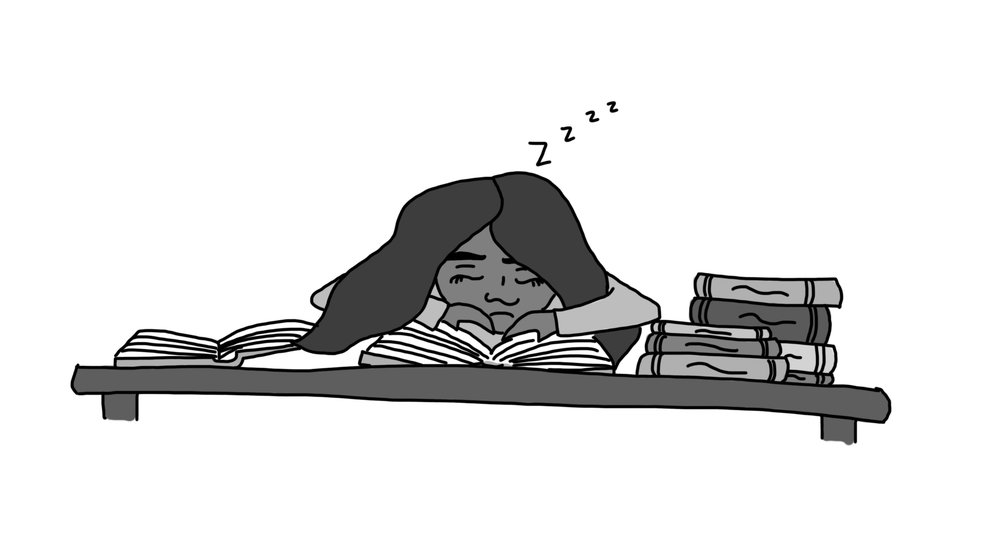Who here knows someone that gets less than six hours of sleep a night or has a tendency to pull all-nighters? At first thought, it seems fun to stay up late with your friends and watch movies until you see the sunrise. Maybe you’re working late and have to get up at six o’clock the next morning. Chances are you’ll be yawning at your desk. I’m sure that most of you are familiar with the common downsides to losing sleep: less energy, difficulty concentrating, irritable moods. While none of these side effects are pleasant, the risks that sleep deprivation causes stretch beyond sipping a coffee to feel awake.
While losing sleep the night before can impact your next day drastically, sleep deprivation can have greater costs down the road. Some effects include mental health issues, obesity, and heart problems. A person’s mental health deserves to be valued and taken care of. Sleep is one factor of maintaining a healthy mind. Depression is a serious disorder that can be caused by various factors, including chronic lack of sleep. Harvard.edu explains that “A longitudinal study of about 1,000 adults ages 21 to 30 enrolled in a Michigan health maintenance organization found that, compared with normal sleepers, those who reported a history of insomnia during an interview in 1989 were four times as likely to develop major depression by the time of a second interview three years later.” Interrupted sleep can lead to poor regulation of emotions and a negative well-being.
In addition to poor mental health, obesity is a risk factor of lack of sleep. Sleep affects one’s metabolism and helps to regulate hormones. One with limited sleep is likely to have a lower metabolism rate than a well-rested individual. Additionally, those running on four hours of sleep are more likely to search the cupboards often than someone running on more sleep. The food that this four-hour sleeper eats is likely high in calories and carbohydrates. This can lead to obesity, a life-threatening disease.
Having a healthy heart is crucial to survival. Scientists have linked heart troubles with chronic sleep deficiency. Sleepfoundation.org says that “without long, deep periods of rest, certain chemicals are activated that keep the body from achieving extended periods in which heart rate and blood pressure are lowered.” The calming of one’s heart rate is an essential part of the sleep cycle, and without obtaining it, individuals are likely to develop heart issues. This includes heart attacks, strokes, high blood pressure, and various other heart diseases.
Achieving a long night’s sleep is crucial to one’s health and happiness. So, if you are that friend who too frequently pulls all-nighters, rethink your patterns and priorities. Your health is important, and coffee will not make up for a lack of sleep.

